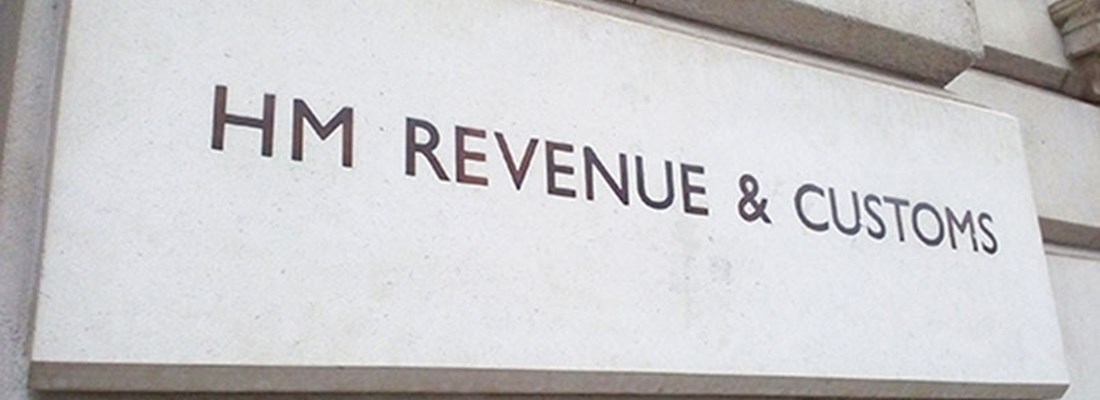Will MTD for ITSA be delayed?

HMRC is likely to delay the introduction of the Making Tax Digital for income tax self assessment (MTD for ITSA) system for two years, according to media reports.
There has been no official confirmation from HMRC yet, however, a report in The Times cited three large accountancy firms who said a delay to 2026 was to be announced shortly.
The move is being considered due to lack of progress with the necessary IT systems and low numbers of users testing the systems. MTD for ITSA would see the self employed and landlords with annual income of over £10,000 required to make tax returns on a quarterly basis.
The press reports follow hot on the heels of calls from tax advisers to delay the introduction.
A recent joint survey by the Chartered Institute of Taxation (CIOT) and the Association of Taxation Technicians (ATT) found that 97% did not think that MTD for ITSA, in its current form, could be introduced successfully from April 2024.
There were widespread concerns around the proposed launch of the new requirement in 16 months’ time, and tax experts recommended pausing the roll-out to allow time for further consultation.
A third of tax experts said that the report system should continue but on a voluntary basis initially, but with a significant increase to the £10,000 minimum threshold.
Nearly half of respondents thought that the MTD extension should be paused and consultation undertaken on its future.
Alison Hobbs, Chair of the joint CIOT and ATT Digitalisation and Agent Strategy Committee, said:
These results confirm what we, and others, have felt for some time. The incredibly limited testing, combined with there being some key problems still to be resolved, means that HMRC must announce that the April 2024 start date is to be pushed back.
While we remain supportive of digital tools which improve compliance and customer experience, the limited piloting of MTD for ITSA has yet to demonstrate that it will do either of these things.
It is vital that these new processes are fully tested and deliver the intended benefits before they become mandatory.




